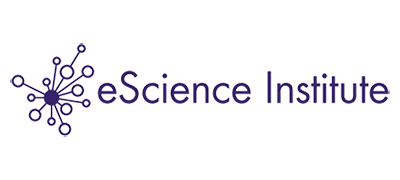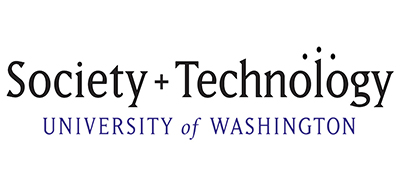Our researchers are driving innovation across the entire hardware, software and network stack to make computer systems more reliable, efficient and secure.
From internet-scale networks, to next-generation chip designs, to deep learning frameworks and more, we build and refine the devices and applications that individuals, industries and, indeed, entire economies depend upon every day.
Centers & Initiatives
Accessible Accordion
Areas of Expertise
Societal Impact
Results will appear in alphabetical order.
The UW Center for the Future of Cloud Infrastructure (FOCI) aims to foster a tight partnership between practitioners and researchers in both industry and academia to define the next generation of cloud infrastructure to achieve new levels of security, reliability, performance along with cost-efficiency and environmental sustainability.
The eScience Institute empowers researchers and students in all fields to answer fundamental questions through the use of large, complex, and noisy data. As the hub of data-intensive discovery on campus, we lead a community of innovators in the techniques, technologies, and best practices of data science and the fields that depend on them.
IFDS organizes its research around four core themes: complexity, robustness, closed-loop data science, and ethics and algorithms. By making concerted progress on these fundamental fronts, IFDS aims to lower several of the barriers to better understanding of data science methodology and to its improved effectiveness and wider relevance to application areas.
MEM-C is a NSF Materials Research Science and Engineering Center that integrates materials innovations with theory and computation to advance spin-photonic nanostructures and elastic layered quantum materials, aided by an “AI Core” that integrates artificial intelligence-driven materials discovery.
The NSF AI Institute for Agent-based Cyber Threat Intelligence and Operation (ACTION) seeks to change the way mission-critical systems are protected against sophisticated, ever-changing security threats. In cooperation with (and learning from) security operations experts, intelligent agents will use complex knowledge representation, logic reasoning, and learning to identify flaws, detect attacks, perform attribution, and respond to breaches in a timely and scalable fashion.
Society + Technology is a cross-campus, cross-disciplinary initiative and community at the University of Washington that is dedicated to research, teaching and learning focused on the social, societal and justice dimensions of technology.
Highlights
Allen School News
Allen School News
UW News









